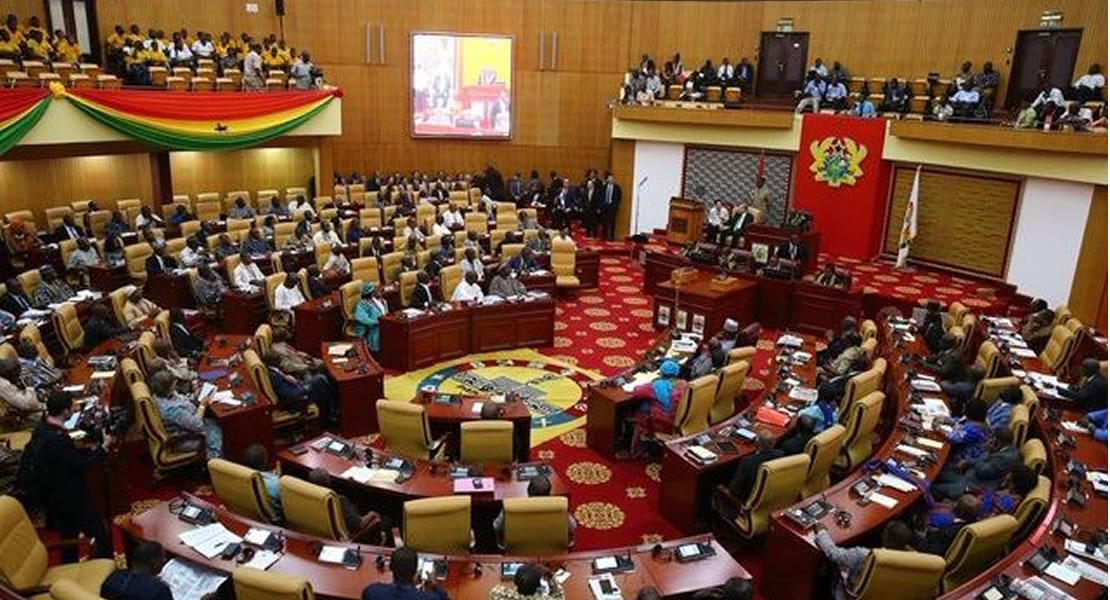
The Parliamentary Select Committee on Education has ended a two-day induction workshop in Koforidua aimed at providing in-depth orientation for members on the wider education context and the mandate of the committee.
Star-Ghana funded the workshop, which also aimed at validating the Education Legacy document and to develop a two-year work plan and priorities, which would also be supported by Star-Ghana.
Mr Alex Kyeremeh, a Deputy Minister for Education noted that, education in Ghana had made significant progress in creating access to and participation in spite of all the challenges encountered, through several strategic policies and directives to bridge the gap between the deprived and non-deprived in the country.
He said those achievements could be mainly attributed to the massive implementation of several Pro-Poor Policy Interventions.
Mr Kyeremeh mentioned some of the interventions as the capitation grant, removal of schools under trees, provision of free exercise books, nationwide school feeding programme and the construction of teachers’ accommodation across the country, especially in the deprived areas among others.
“Implementation of the new education reform also seeks to quicken the attainment of Universal Primary Completion (UPC) by 2015 and streamline the management and delivery of Education through the introduction of the National Inspectorate Board (NIB), National Teaching Council (NTC) and National Council for Curriculum Assessment”.
Mr Kyeremeh also mentioned the implementation of specific measures to achieve gender parity particularly in areas with low enrolment of girls.
“These include the establishment of girls’ education unit in the Ghana Education Service (GES), construction of gender friendly washroom facilities in schools, provision of take home food ration for girls in the three Northern Region and scholarship for girls, as well as the provision of free school bags.”
Mr Kyeremeh indicated that those interventions had also aided to move Ghana closely towards the attainment of the Millennium Development Goals two and three.
Mr Ibrahim-Tanko Amidu, Programme Manager, Star Ghana, said the workshop was the fourth in the series, under a five-year programme, to support Parliament and Civil Society Organisations (CSO) for accountability and to leverage influence in linking other select committee groups for effective partnership.
He noted that, education had the potentials to unlock ways to sustainable development hence the need for concerted and coordinated national dialogue.
Professor Dominic Fobih, Ranking Member, Education Committee, urged the GES to take a closer look at the Primary and Junior High School (JHS) education to ensure that Ghana does not produce half-baked literates in the system.
GNA